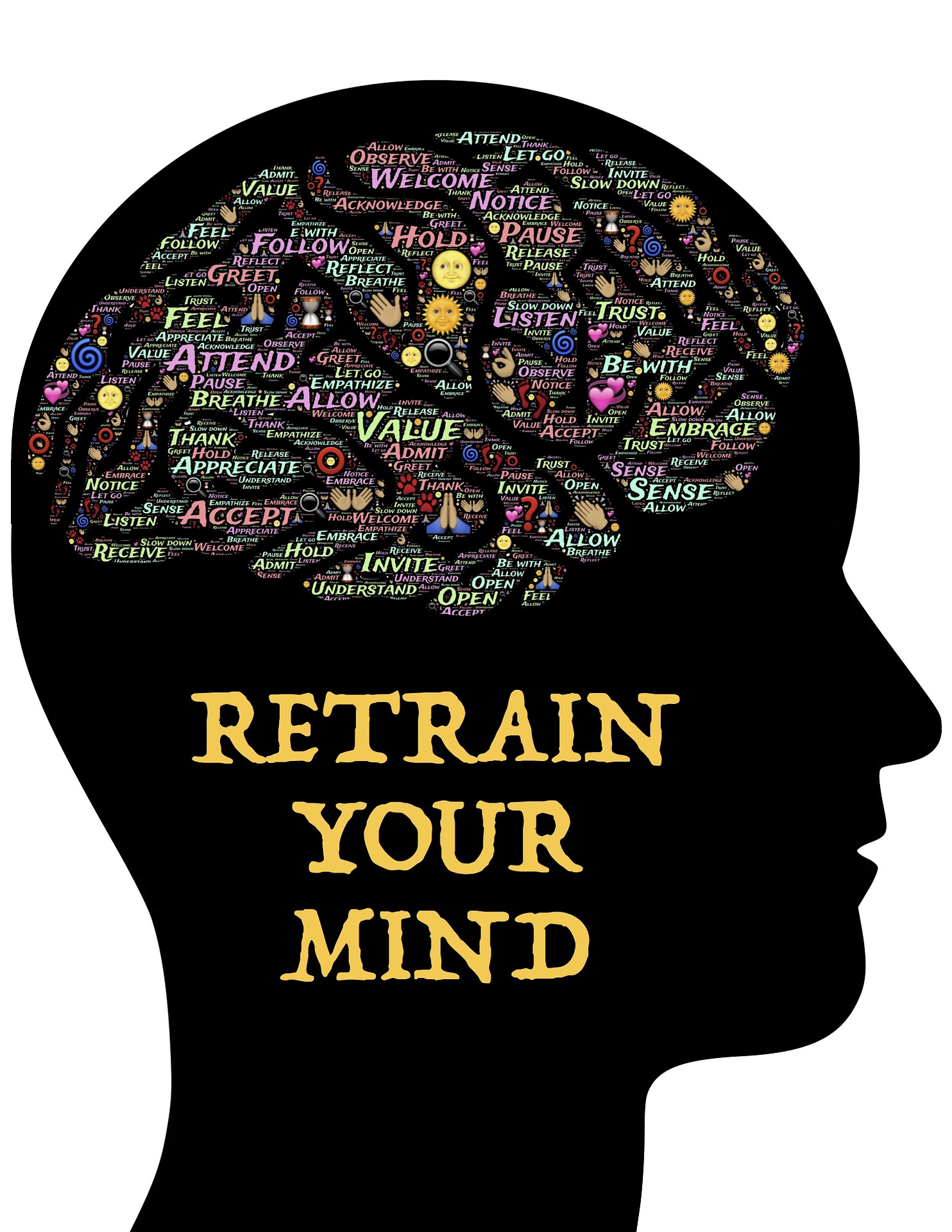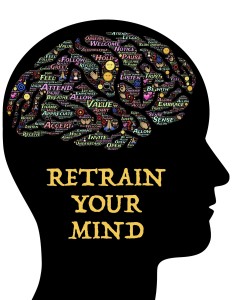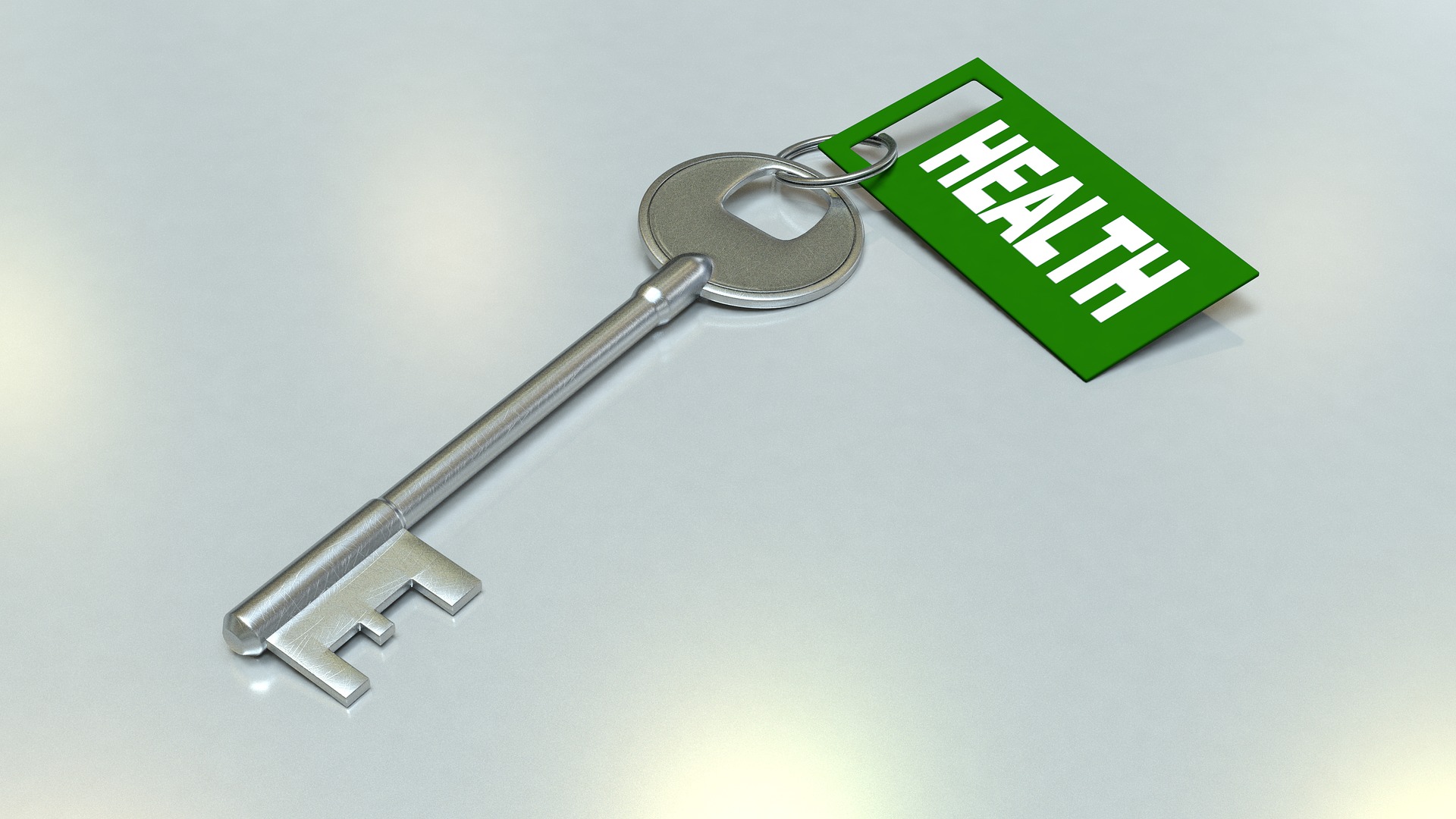
SICKLE CELL AND COPING STRATEGIES AGAINST REJECTION
HAPPY SICKLE CELL DAY YOU ALL
Rejection is an almost unavoidable aspect of being human. Speaking to people with Sickle Cell, no one has ever succeeded in love or in life without first facing rejection. We all experience it, and yet, those times when we do are often the times we feel the most alone, outcast, and unwanted. In fact, so much of the hurt and struggle we endure isn’t even based on the loss itself but on what we tell ourselves about the experience, the cruel ways we put ourselves down or flood ourselves with hopeless thoughts about the future. Studies even show that our reaction to rejection is also based on elements and events from our past, like our attachment history. As a result, how we react to rejection is often equally or even more significant than the rejection itself. This is why learning how to deal with rejection is so important!
There are many ways to learn to deal with rejection. These include psychological tools and techniques that involve reflecting on our past, enhancing our self-understanding, and strengthening our sense of self in order to feel more strong in coping with current struggles and facing the future. Here we highlight some of the most powerful personal strategies for how to deal with rejection.
Coping Strategies
Research suggests that self-regulation, which involves monitoring and controlling one’s emotional and behavioural responses, may be the key to coping with rejection sensitivity. For instance, when you perceive a potential sign of rejection, it may help to stop and reflect on the situation rather than responding immediately. One way to do this is to look for alternative explanations for the behaviour instead of assuming the worst. If you’re unable to make these changes on your own, you may need to enlist the help of a counsellor.
It can be scary to take steps to grow closer to someone because the deeper the relationship grows, the more the thought of being rejected could hurt. But learning how to build deeper, healthier connections is key to reducing loneliness and isolation.
Rejection sensitivity is not something you should ignore. In fact, symptoms often worsen over time if they’re left untreated. Consequently, if you’re prone to overwhelming emotional reactions including intense anger, anxiety, and sadness when you feel criticised or rejected, talk to a counsellor. Learning to address your sensitivity and respond more appropriately to rejection is the key to improving your overall quality of life.
Revive Your Self-Worth
When your self-esteem takes a hit it’s important to remind yourself of what you have to offer (as opposed to listing your shortcomings). The best way to boost feelings of self-worth after a rejection is to affirm aspects of yourself you know are valuable. Make a list of five qualities you have that are important or meaningful — things that make you a good relationship prospect (e.g., you are supportive or emotionally available), a good friend (e.g., you are loyal or a good listener), or a good employee (e.g., you are responsible or have a strong work ethic). Then choose one of them and write a quick paragraph (write, don’t do it in your head) about why the quality matters to others, and how you would express it in the relevant situation. Applying emotional first aid in this way will boost your self-esteem, reduce your emotional pain and build your self-worth.
As social animals, we need to feel wanted and valued by the various social groups with which we are affiliated. Rejection destabilises our need to belong, leaving us feeling unsettled and socially unleashed. Therefore, we need to remind ourselves that we’re appreciated and loved so we can feel more connected and grounded. If your work colleagues didn’t invite you to lunch, grab a drink with members of your church instead. If your kid gets rejected by a friend, make a plan for them to meet a different friend instead and as soon as possible. And when a first date doesn’t return your texts, call your grandparents and remind yourself that your voice alone brings joy to others.
Self-love
Love is the very essence of life. It doesn’t have to be earned, you don’t have to wait for someone to give it to you, and you can never be found worthless of it. Love is never in short supply. It is abundant, inexhaustible, easily accessed and Free! Love yourself, you are lovable; get rid of your mental bad habits, and counter unhealthy beliefs with healthier ones
Acceptance
Make a conscious effort to accept the vessel you were born into, not as a limiting factor in your life, but as an ally. When you come to accept the present circumstance as it is and realise that the past is behind you, you’ll feel the power you have now, in this present moment, to consciously architect your future. This will help you stop judgements of right and wrong about your past, your parents, or who you are, and ease into acceptance of what is present in the here and now.
Rather than fighting your natural impulses because you fear what others will say or think about you, you’ll learn to accept your desires as they are. Once you accept yourself, you become mindfully aware of your human tendencies and can heal your wounds and reclaim your perfection.
Accountability
Next, aim at thriving. It’s up to us to create a life we love. Accountability shifts the ownership and stewardship of our life back to us. This can be terribly frightening and tremendously freeing. You are free to create a written description of the you that you desire or intend to be. You may consider this your ideal self, if you like. This version of you may not be perfect or flawless, but this version of you lives an authentic life and is fully aligned with your personal values, motivations, and ideals.
Accountability is the process of taking personal responsibility for your life without guilt, shame or “pity parties” and move on to creating a life you’ll love. It may be scary to no longer assign blame on others, and just realising that your future is your total responsibility. This may fill you with a heavy sense of dread, but know this, you can and will get past this fear. And soon you will re-experience the childlike wonder and joy of having a world of possibilities open to you.
Actions to counter rejection:
Affirmation: Use your words to build yourself up; positive self-talk, be your biggest cheerleader.
Service: Give yourself to help other when you can; service is a higher power.
Gifts: Invest in yourself; spend money on perfecting your crafts, education, training and vocation.
Touch: Don’t suffer in silence, talk to people, an aunty/uncle, a friend a counsellor etc…
God: Whatever your belief system is, dig deeper into God.
Rejection is never easy but knowing how to limit the psychological damage it inflicts, and how to rebuild your self-esteem when it happens, will help you recover sooner and move on with confidence when it is time for your next date or social events.
My book – HOW TO LIVE WITH SICKLE CELL: Sickle Cell and I (is now available on OkadaBooks and Amazon). Pls get your copy.








I’d like to be added to your group. Have a son that is tested SCA.
Hello Jacobs and thanks for your message. I do not have a group but write about SCA on my blog and weekly on my ‘Living with Sickle Cell’ column, check out Punch online every Saturday. I wish your son well.
I have an 18year old kid brother with SCD. He still bed wet and we can not stop him from taking a lot of water. What do you think can be done ?
Hello Adenike,
Thanks for your email and apologies for the late reply.
What can be done is to make sure he goes to toilet before he goes to bed and perhaps to help set him an alarm every two hours, during the night, so when he hears it, he knows to get up and go to the toilet.
I hope this suggestion helps.